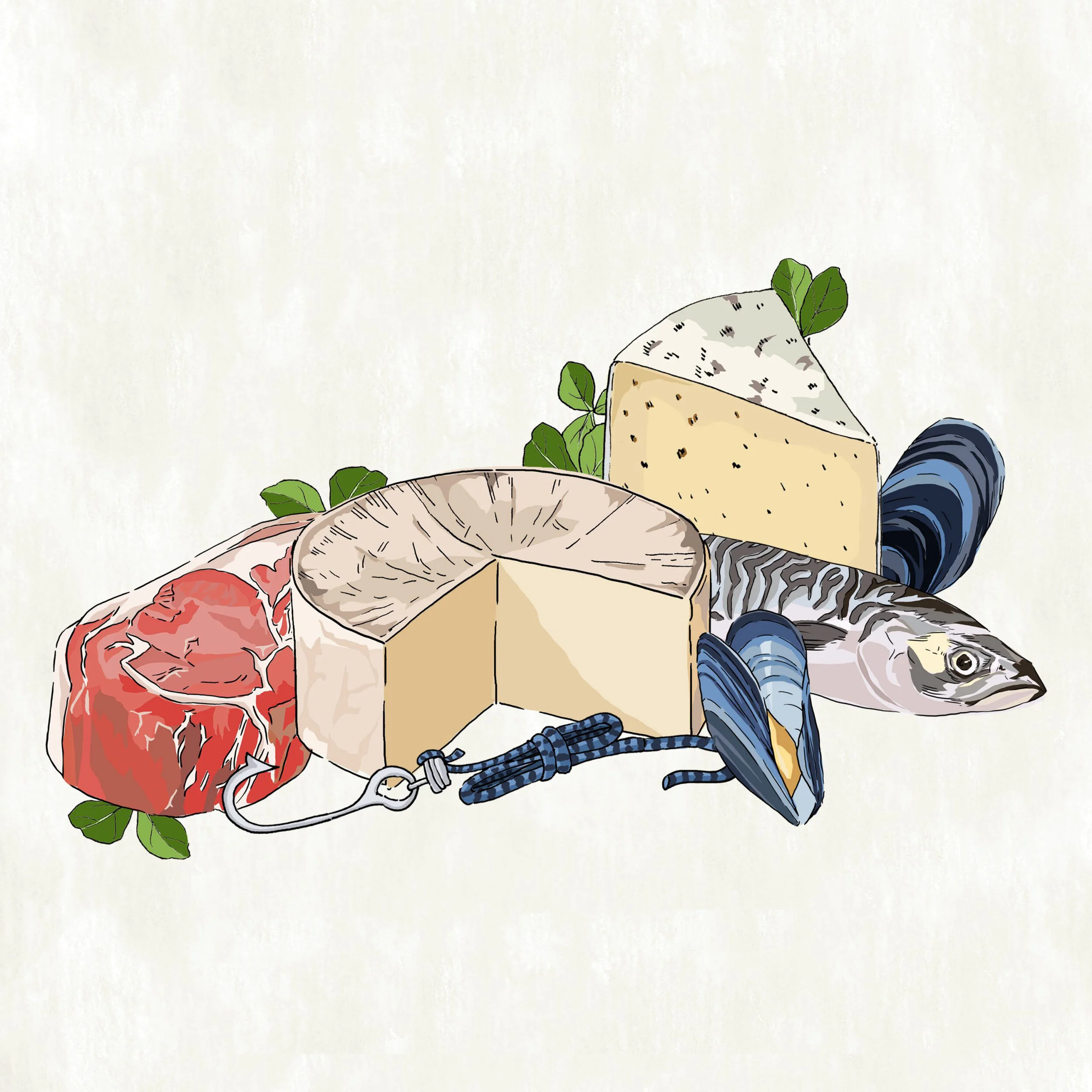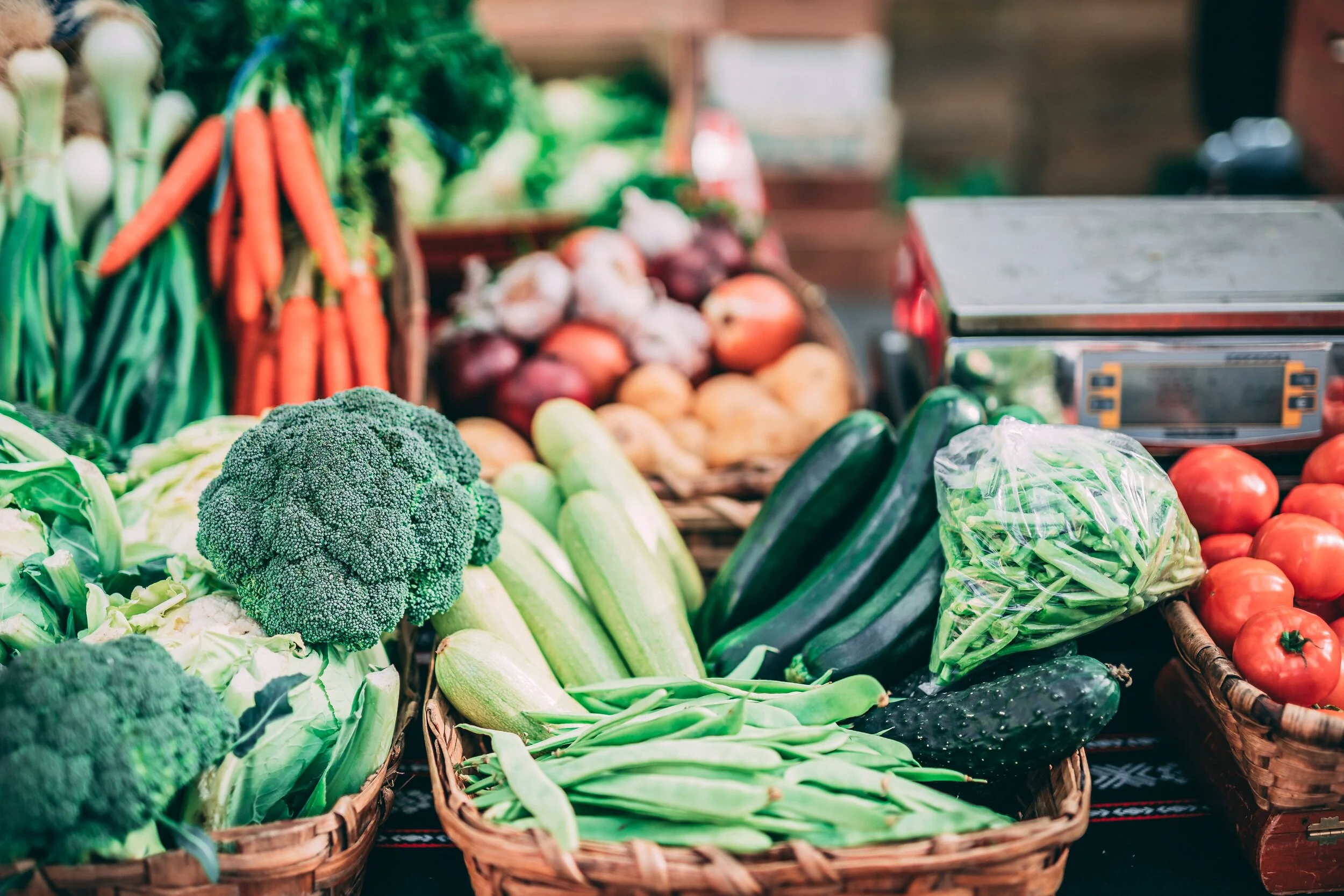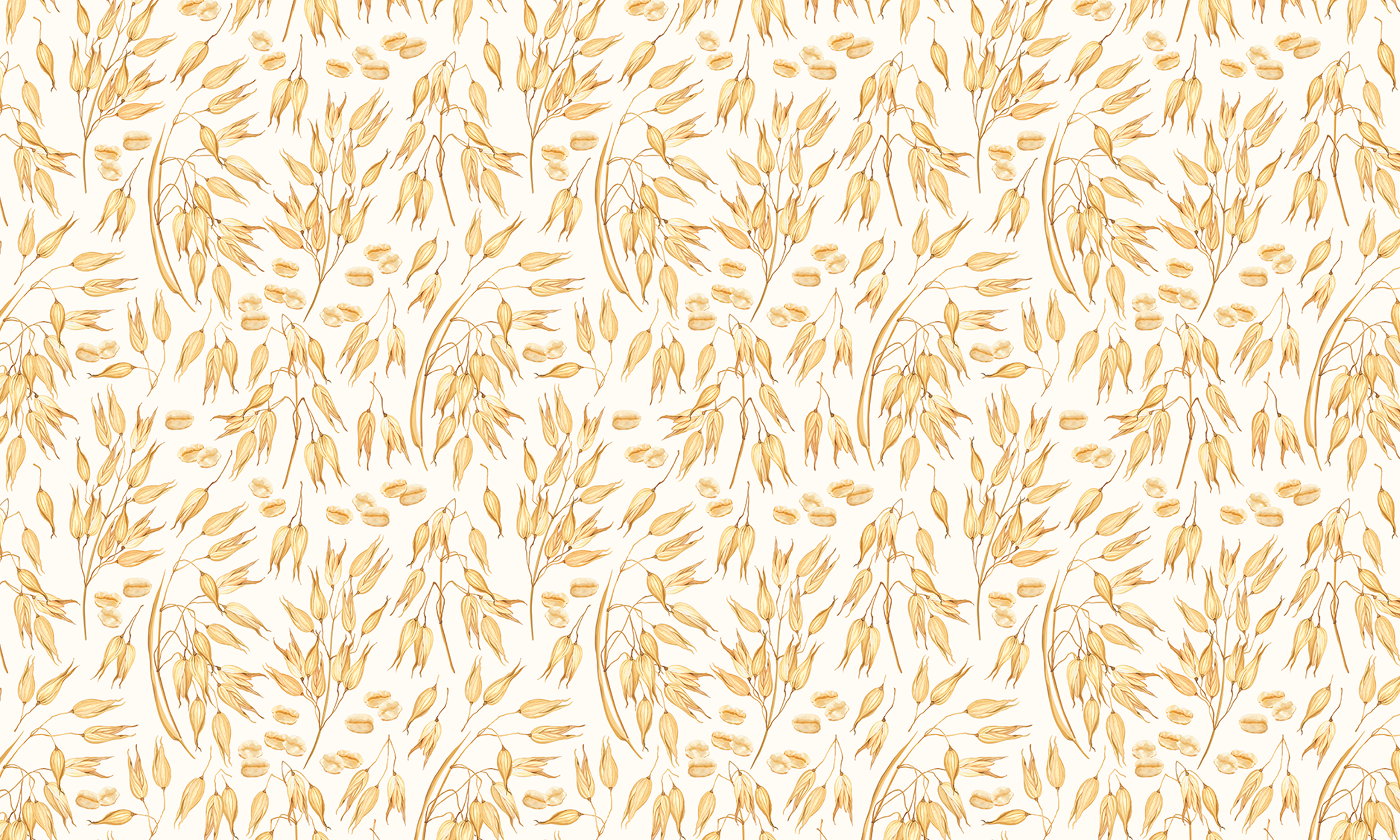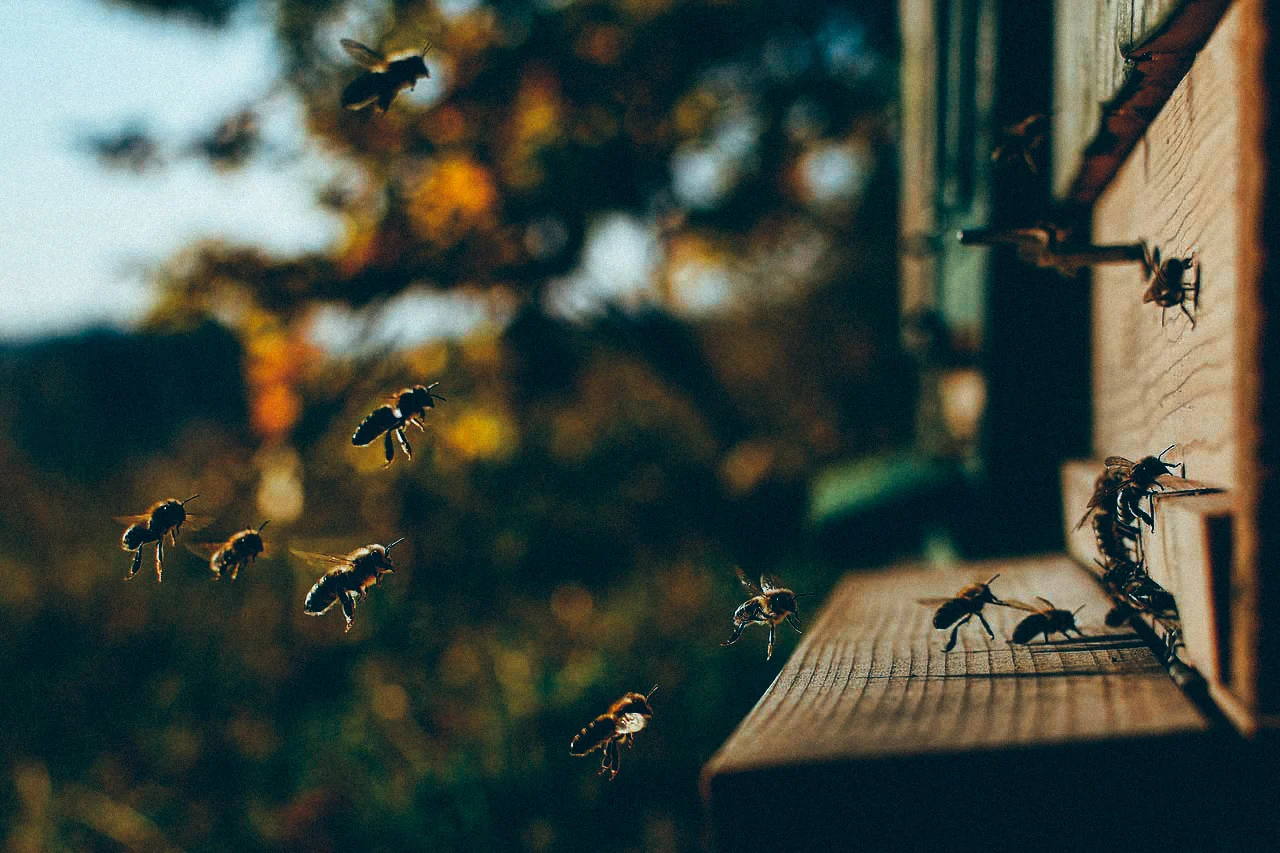Written by Tiger Lily Raphael
Farming The Future feeds the movement towards a healthier food system by supporting an ecosystem of change-makers, who work hard on the ground with a growing community. Together, we prove that it is possible to produce plenty of nutritious food for ourselves in ways that are fair, compassionate, and harmonious to our planet.
The world woke up to an emergency that had been a-long-time-emerging when Covid-19 cast a light over the fragility of our food supply and shone through the cracks of a system held together by too few bolts, on which many lives depend. Lockdown forced us to look at our food security, as those with it found solace in cooking and cultivating any small plots or pots of land, and communities came together to support the already, newly and soon-to-be vulnerable.
Our 2020 grant pool sets out to nurture the connective and collective health of a regenerative food movement, by facilitating and funding collaboration. Projects will strengthen links between all lengths of the supply chain; from farmers, distributors, and retailers, to community gardeners, campaigners and economists, to investors, philanthropists and politicians. Reinforcing relationships from the ground up nourishes the soil from which a new cycle of growth can begin.
The fund provides a platform from which the movement of organisations and individuals can be assessed; the areas and components needed for growth and symbiosis. Focus areas include policy and deregulation, food justice, education, land and economics - making up the landscape of the food ecosystem.
The 2020 collaborative process began with an online convening of the community, to assess the environment, and explore how we might be able to collaboratively create the components needed in the current landscape. The event began with introductions from Rob Reed of The A Team Foundation and Sam Roddick of The Roddick Foundation, followed by keynote speakers who inspired both hope and urgency: Professor and hill farmer - Tim Lang from the Centre of Food Policy, and scholar, environmental activist and author - Vandana Shiva.
Professor Lang described the convening as an opportunity to reach beyond the usual perimeters, commanding us to “be realistic, demand the impossible”. We’re seeing food banks, which were supposed to be an emergency response, buckling under growing demand as 8 million people could face food poverty in the UK. 50% of us own only £400, as inequality frays our social fabric, and, despite our overall wealth, we slip down the EIU Global Food Security and Sustainability Index.
Britain’s import tradition has caused issues of equality, sustainability and health for growers, eaters, animals, and the elements. Our food supply has shown itself to be vulnerable and a national strategy is needed; yet, whilst defence receives a budget of £39.5 billion, food and environment gets £1.9 billion. But we have an opportunity for change, as we create new policies, from a pandemic perspective, looking towards a post-carbon future.
Vandana Shiva explained a measure of yield per acre that counts crop diversity, true cost accounting, and feeds twice the population of India. Yet globalised agri-business, which receives subsidies - from our money - to produce biofuel and animal food with resource-intensive methods. Exploitation and pollution by industrialised food production causes disease, social inequality and ecological destruction. The cost of cheap food is high. Yet when food is grown organically, by people on a small scale, more food can be produced in more sustainable ways.
Lockdown shut down 1.1 billion peoples’ livelihoods; farmers became refugees as 1 billion joined the hungry. 150 million people could starve in the next 3 months. Yes, people are being more compassionate, but that won’t last unless the system is fixed. The crises are both consequences of and responses to war, and can be combated with non-violent agriculture, locally and globally, by all justice movements uniting. By redesigning the food system around people and our planet, rather than money, we can redefine economics and restore health.
So, how can we help us help ourselves? The convening’s breakout sessions toyed with ideas and suggested ways to brainstorm. Like in any ecosystem, we depend on each other, and to find answers, we have to ask the questions..
Planting the seeds of knowledge and understanding…
Could we map the enormous and complex relationships, policies and projects, to find the paths and gaps between them?... What do ‘sustainable’, ‘regenerative’ and ‘resilient’ actually mean?... How do we learn about farming?... What is the supply chain and how are we a part of it?... How does the land lie? Who owns it?... How do financial decisions affect the food system and our lives, and how could they change them?... Why does only 7-8% of the £1.25 trillion spent on food in the UK reach farmers?...
Diversifying soil with nutrients…
Who’s growing food and who’s receiving it?... Why are young, disabled and BAME people twice as likely to be hungry?... Could a crisis response fix the broken links in the supply chain, so millions aren’t left hungry whilst billions of tonnes of food is wasted?... How can we make healthy, nutritious and sustainably grown food, available and affordable?... Could finance, land and food policies diversify enough to support a diverse economy and ecology?...
Building relationships in and above the soil...
How do we balance food, finance and nature?... How do we work together on a common ground?... How do growers, land owners, local authorities, economists, scientists and NGOs collaborate on regenerative innovation, investment and best practice?... How do communities cultivate resilient local food systems with social, economic and environmental benefits?... How can we narrow the gaps between fields, markets, and people?...
Time and space to grow...
If we used more than 168,000 of 6 million hectares of farmable land, gardens and green spaces, to grow food, could we feed ourselves?... How do we make access to land fair?... Will the pandemic prevent opportunities for community gardening?... How can farmers get support through the transition period to sustainability?… How can financiers cultivate expectations from investors of longer-term benefits?... Will we invest in our future?...
Measuring rainfall...
Could financial incentives replace subsidies, and encourage responsible, long-term investment?... Can we find new measures of ‘growth’, and use them to develop our countries in healthier, more equitable ways?... How do we measure sustainability, resilience and the social, environmental and economic value of land and food?... Why isn’t soil health counted in the way that air and water is?... What labels would help us make healthier choices?...
Reaching towards the light...
How do we capture the lockdown spirit of citizenship, learning and community, and demand for space, seeds, and soil?... How do we bridge conversations about health, ecology, social justice and economics, to draw clear lines between food and inequality?... How do we reveal the many drops that make up the ocean, ignite emotions, spark imaginations, and celebrate food with everyone?... What part will food play in the story of the Climate and Ecological Crisis, and the race to zero carbon?... How do we create, rather than follow the same rules?...
We’re asking, how can we restore an ecosystem through growing food that is fairly, harmoniously, and compassionately, grown, accessed, and enjoyed. Because without food, there is no life, and food is what makes life worth living. Food and farming is the future.
Be part of the answer. If you think we could support each other’s work, please get in touch with Rob Reed - robert@ateamfoundation.org
THE PROJECTS FROM year 1 of FARMING THE FUTURE

































